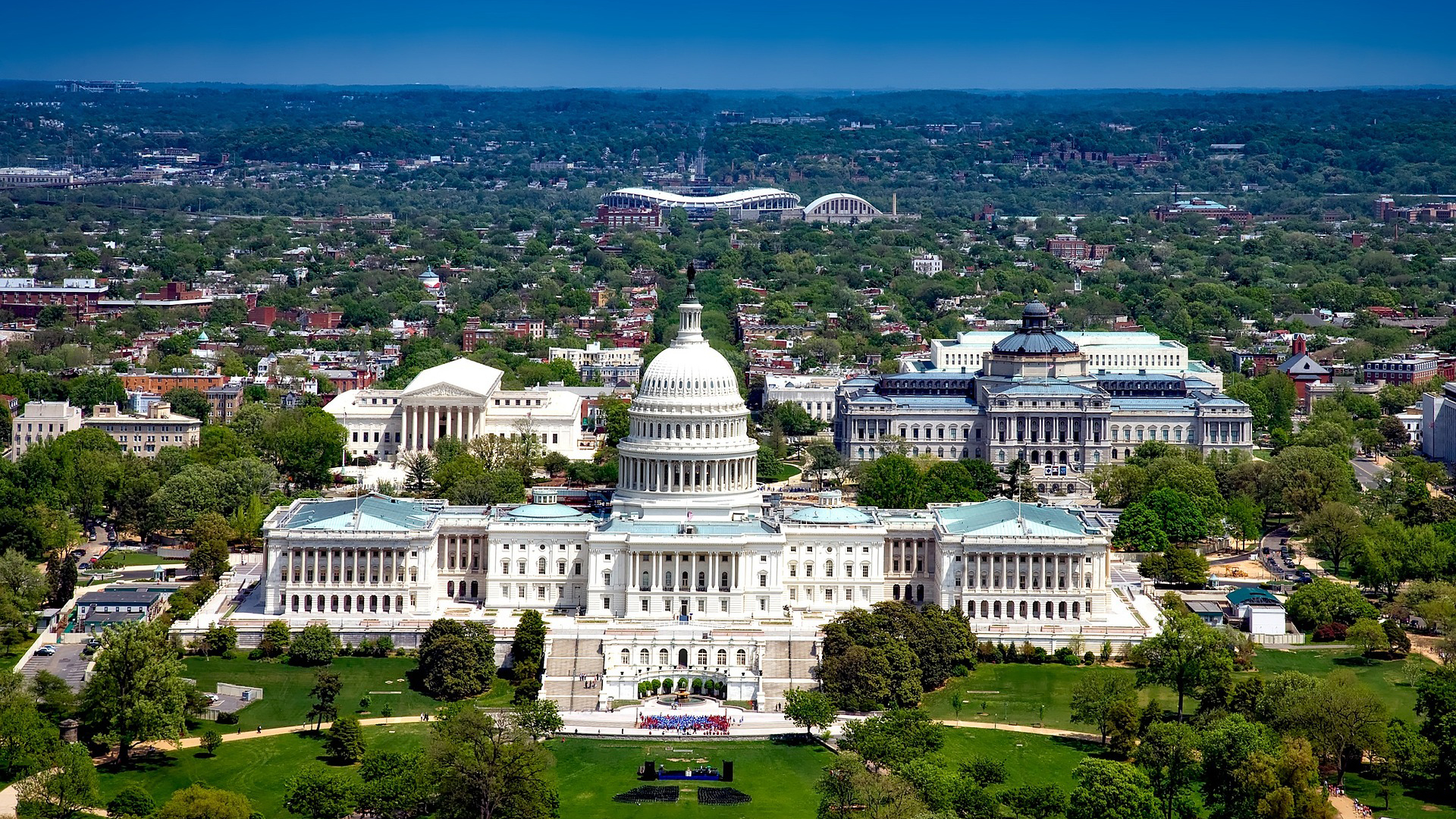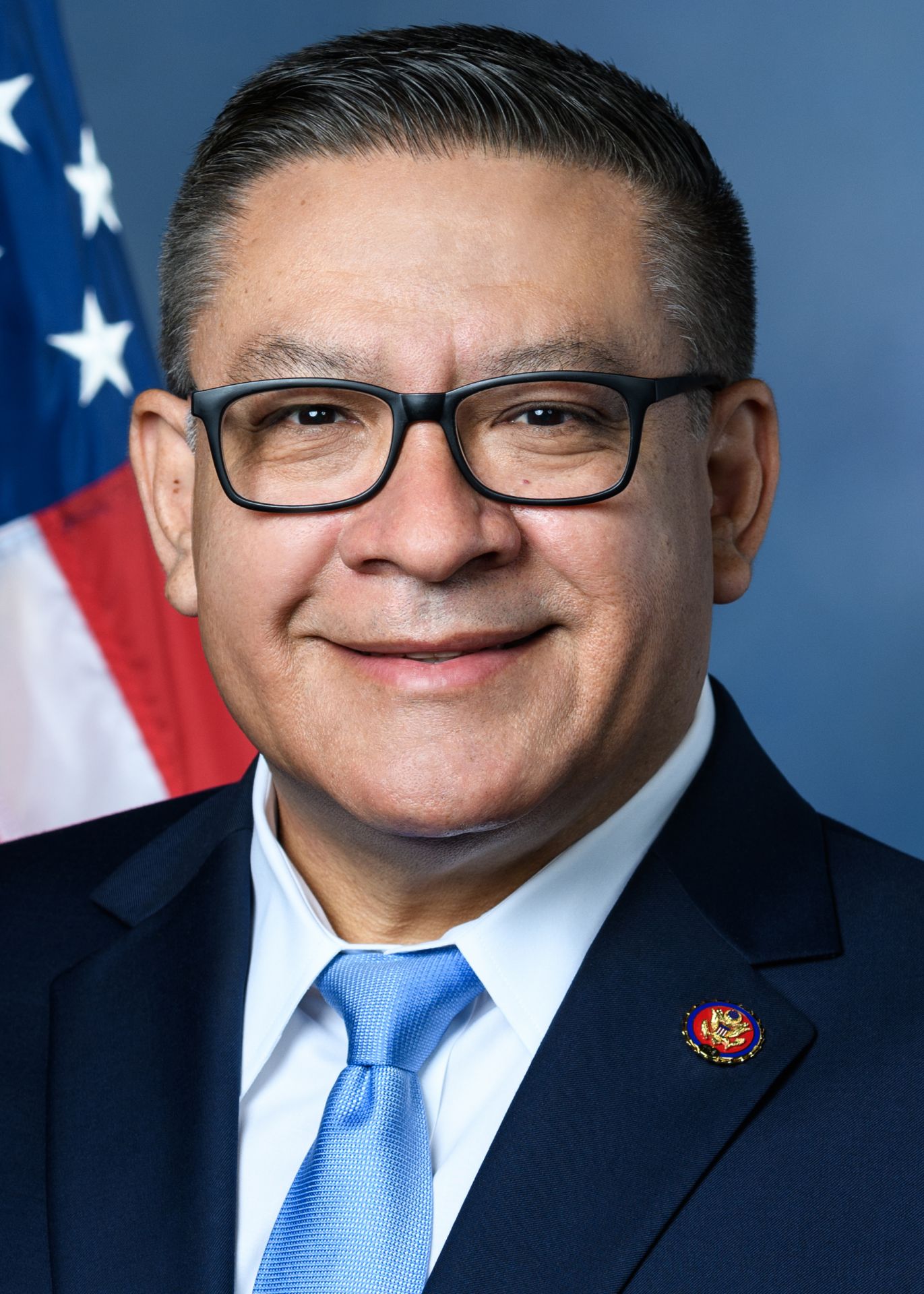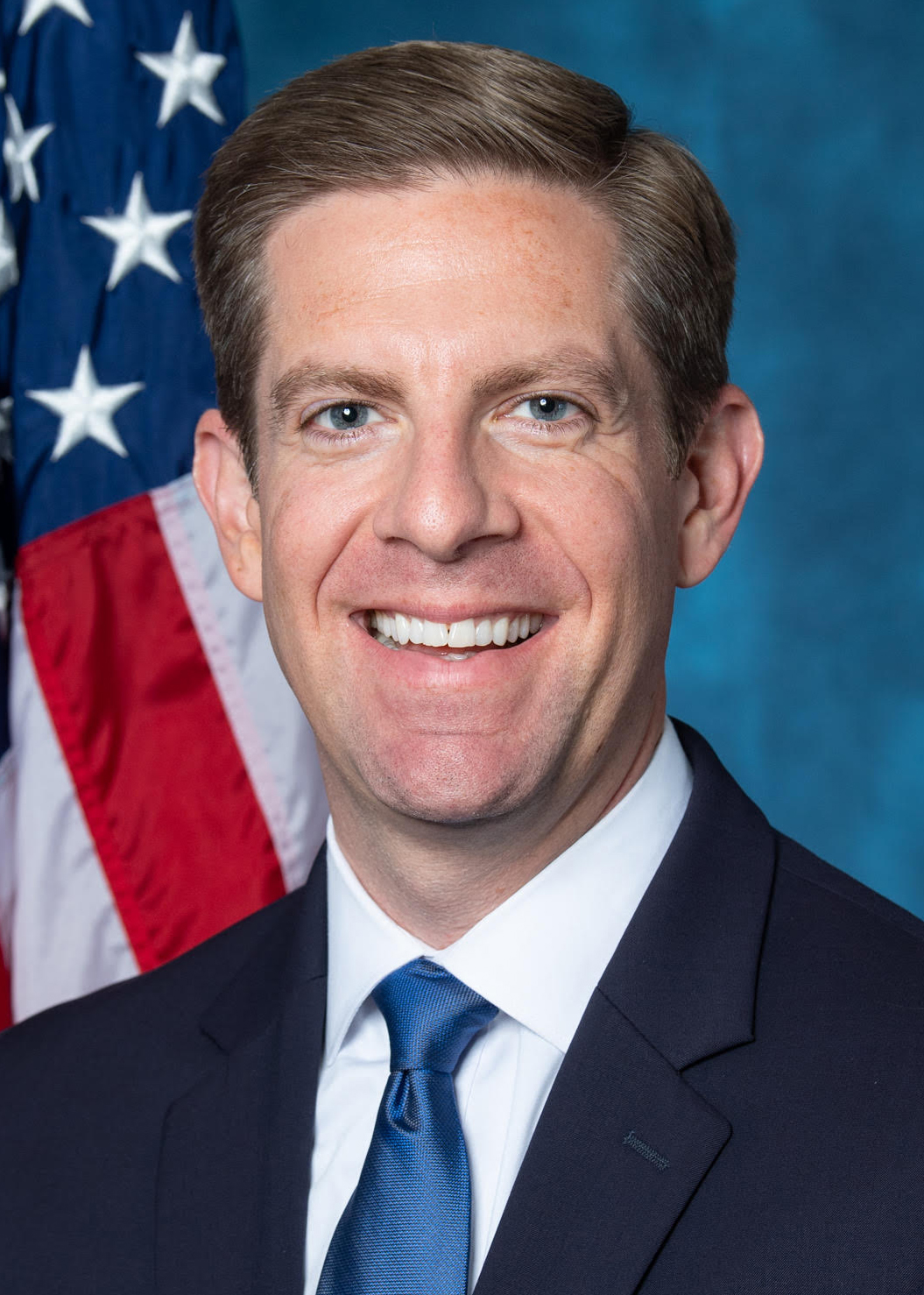Assistant energy secretary for international affairs Andrew Light (seated, left) and Bulgarian energy minister Rumen Radev (seated, right) sign the new agreement in Bulgaria. (Photo: U.S. Embassy in Bulgaria)
Officials from the United States and Bulgaria inked a deal this week to cooperate as Bulgaria further develops its civil nuclear power program.
A working group will explore plans to design, construct, and commission two new units at Bulgaria’s Kozloduy nuclear power plant. The two countries will also “explore collaboration on research and training programs and developing Bulgaria's nuclear supply chain resilience,” according to reports.
The U.S. Treasury Department building in Washington, D.C.
Two weeks remain for public comments on the proposed language in the new federal rules proposed for hydrogen production tax credits. A public hearing on the regulations is scheduled for March 25, 2024.
While the federal proposal is largely popular among environmentalists and some pronuclear advocates, there are concerns from others that it would cut out opportunities for existing legacy nuclear plants that are well-equipped to convert part of their operations to hydrogen production. The proposed rules require hydrogen to come from newly built resources—the largest obstacle for legacy nuclear sites but further incentive to deploy new reactors—and would permit using natural gas if employed with carbon capture and sequestration.


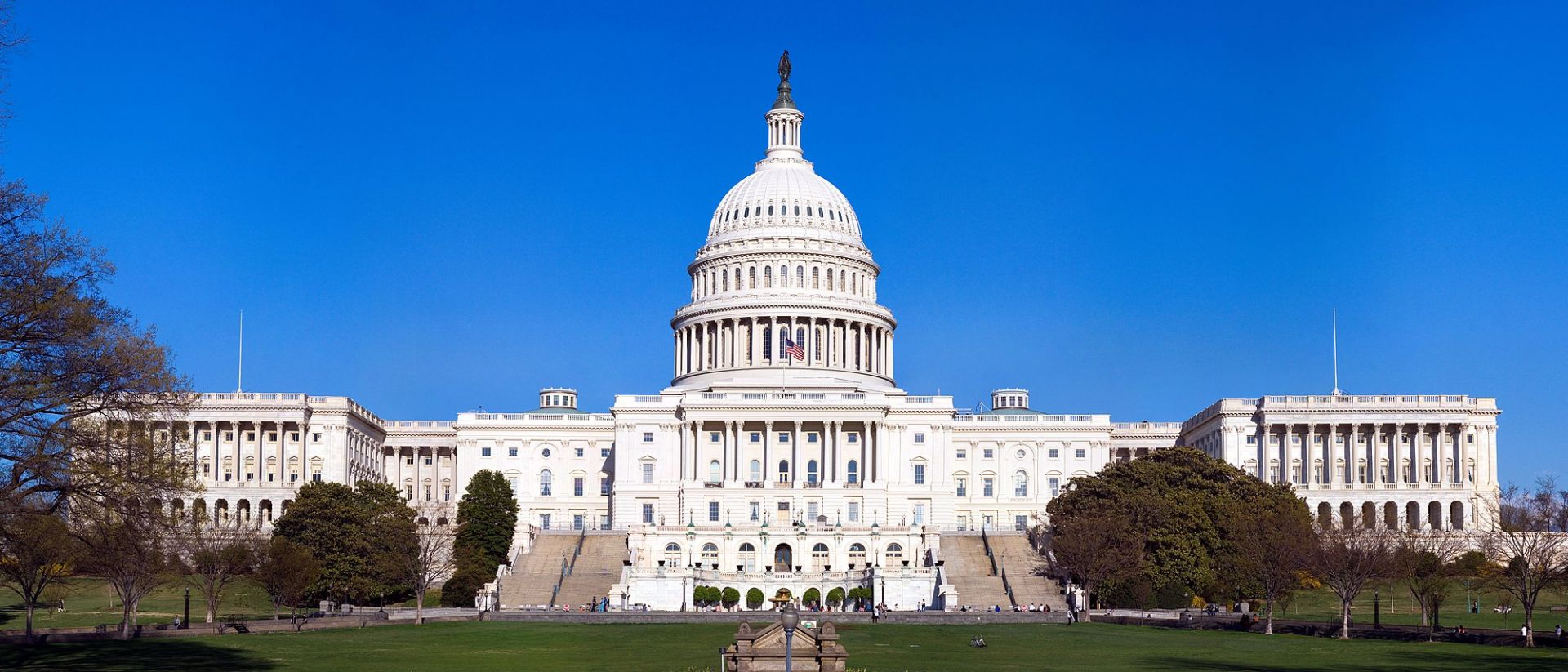
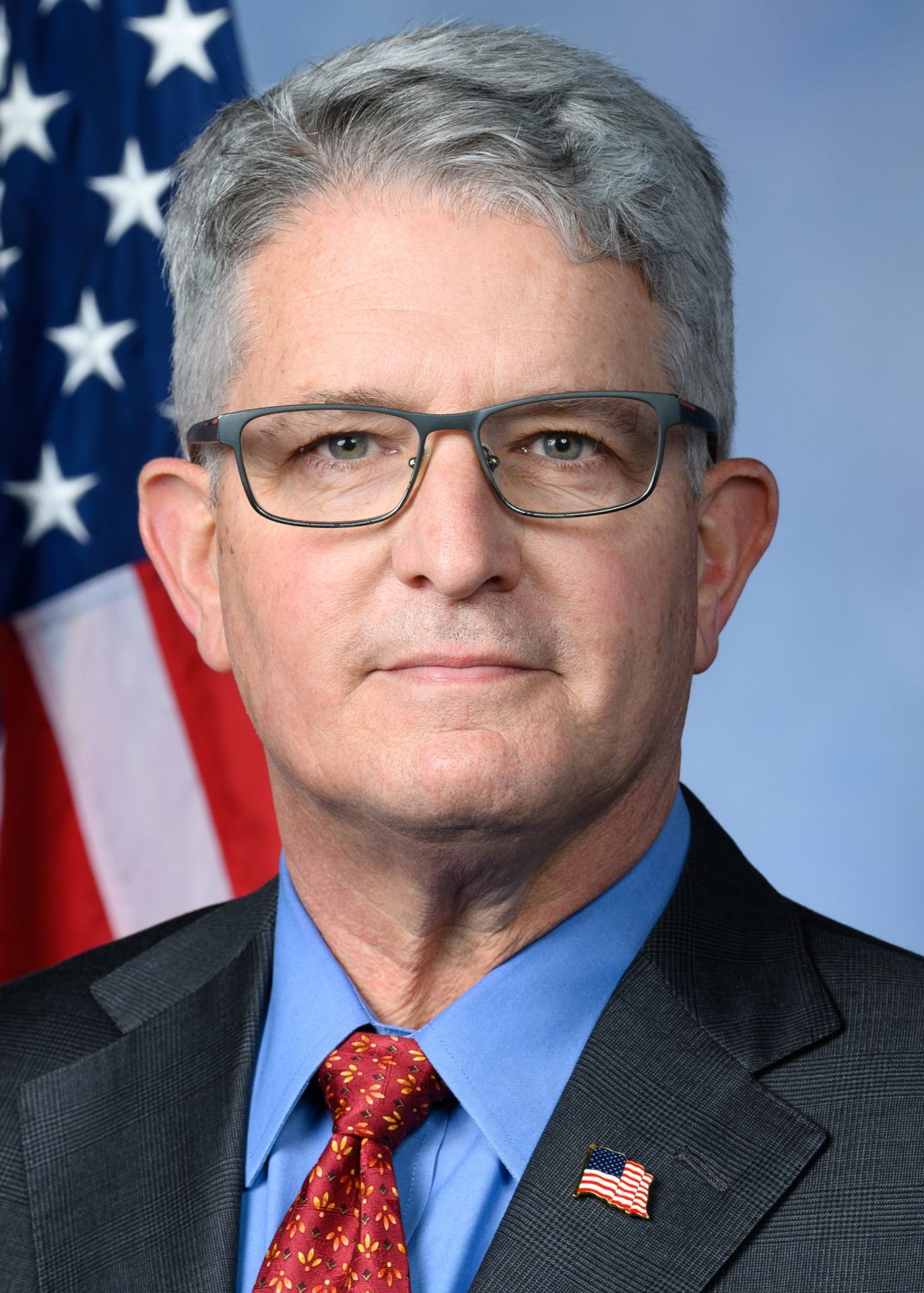
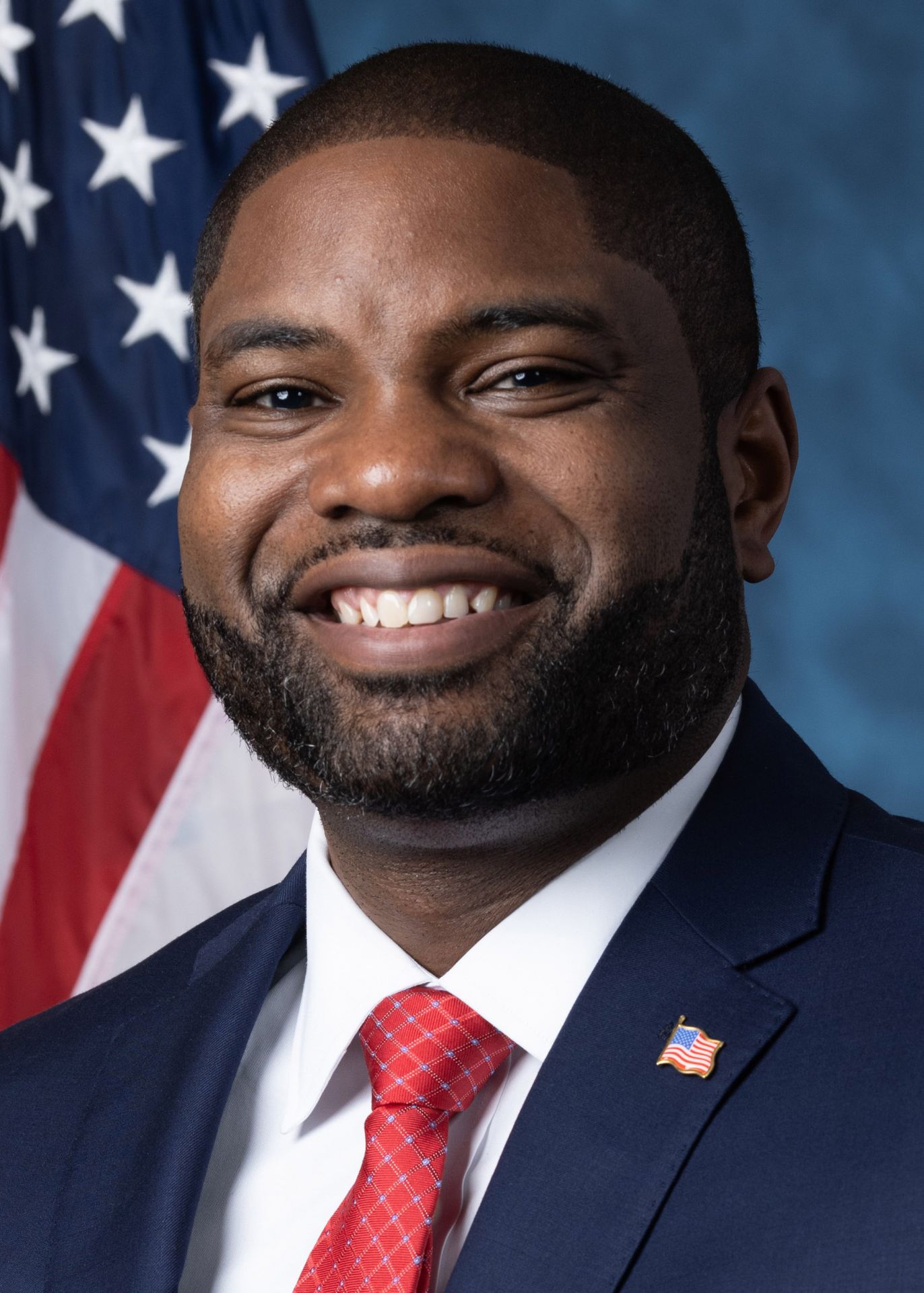

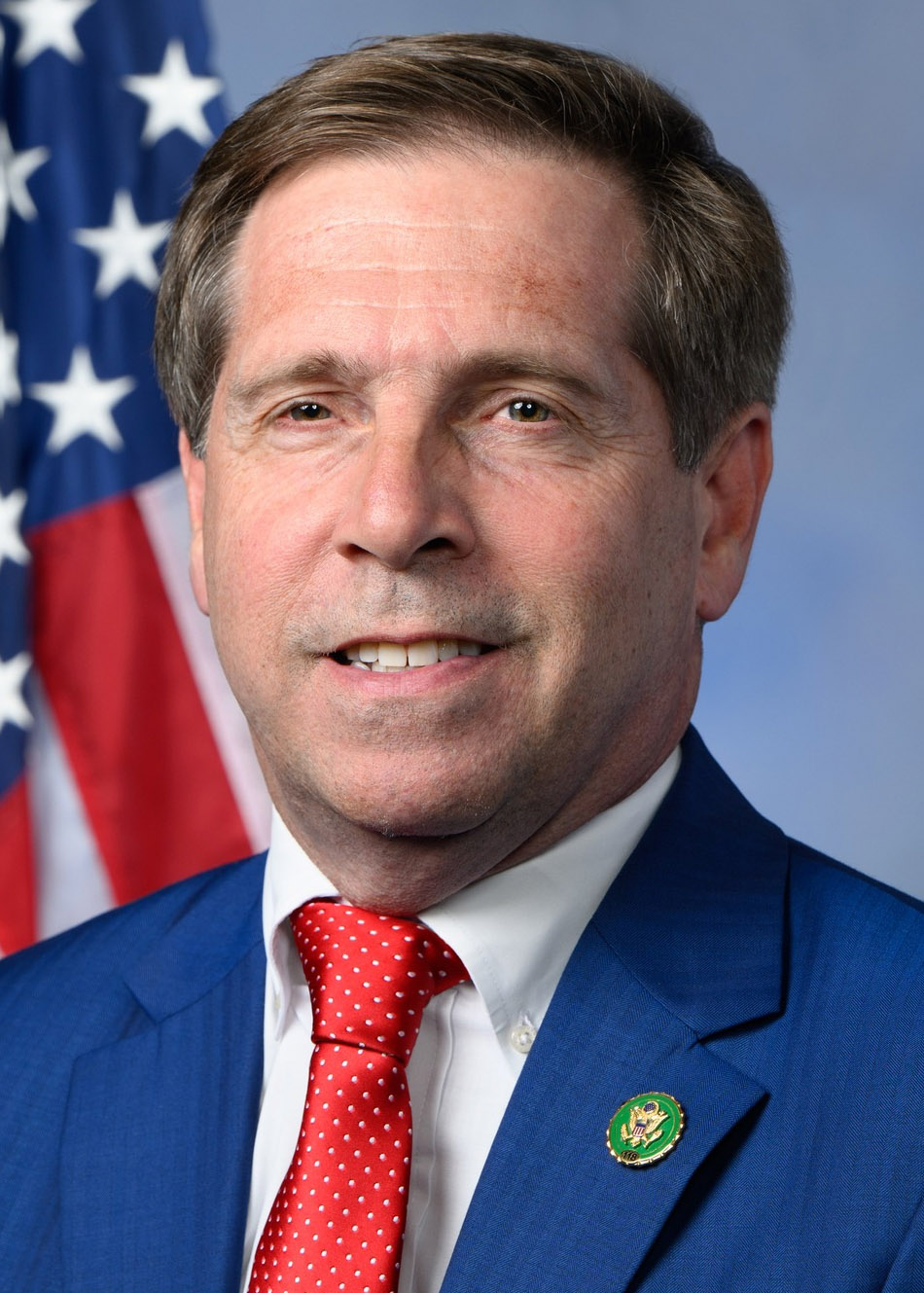
.jpg)
